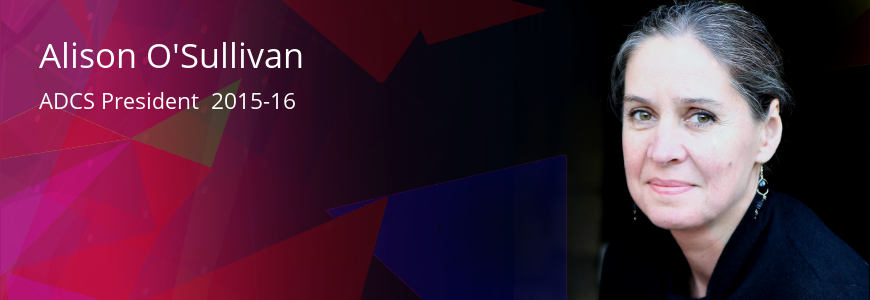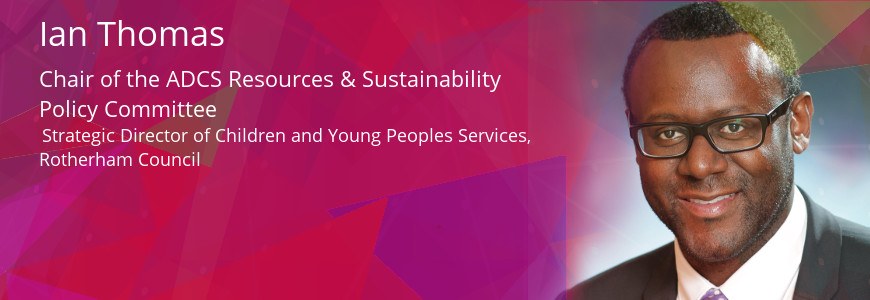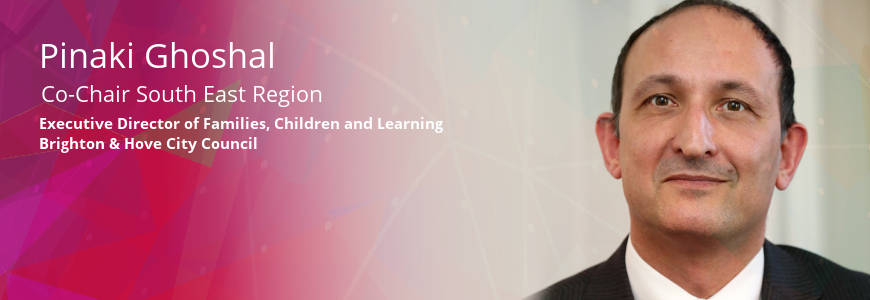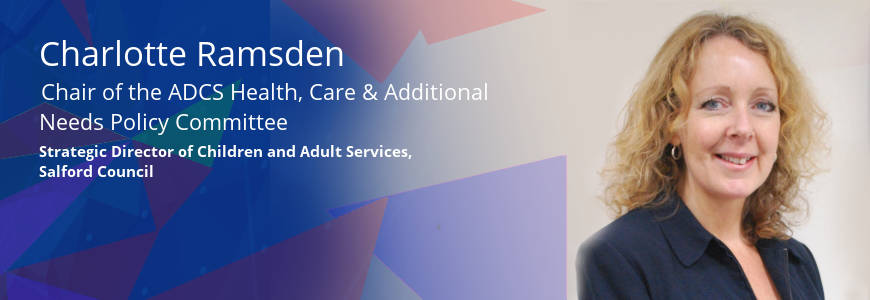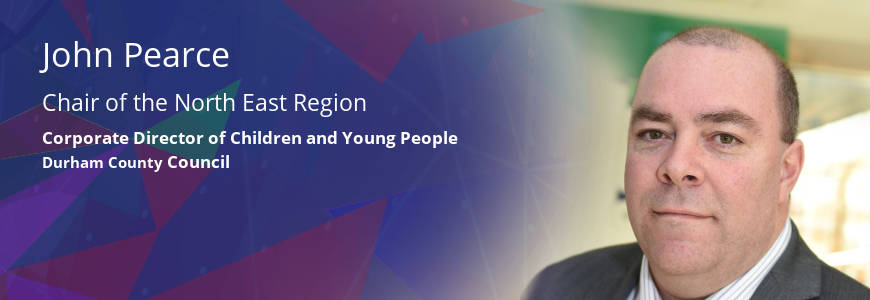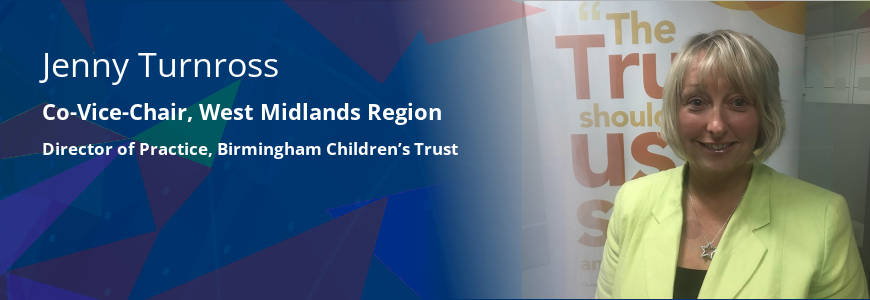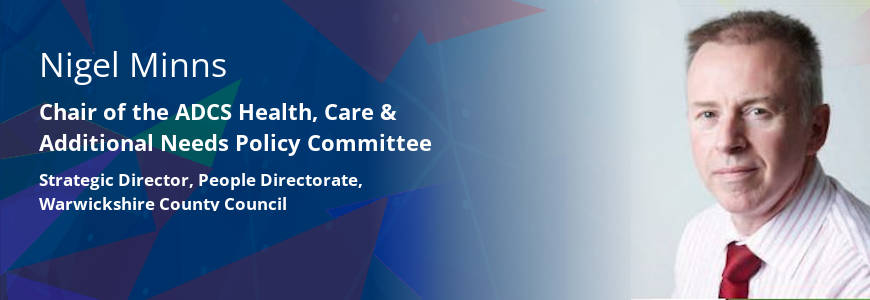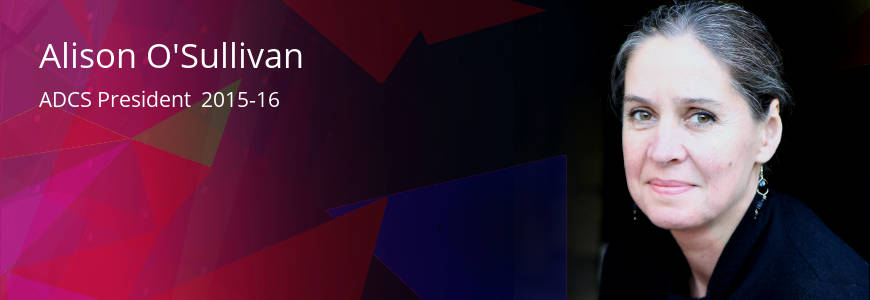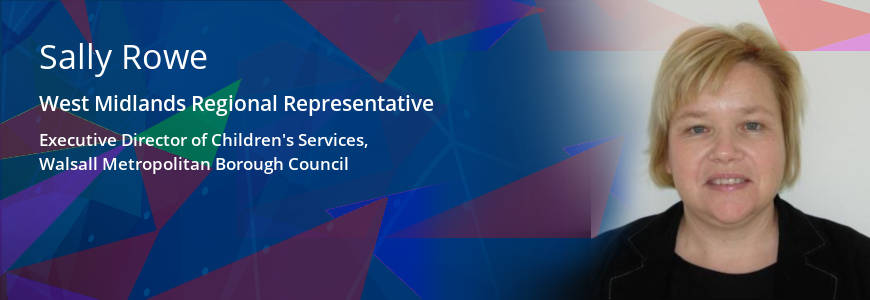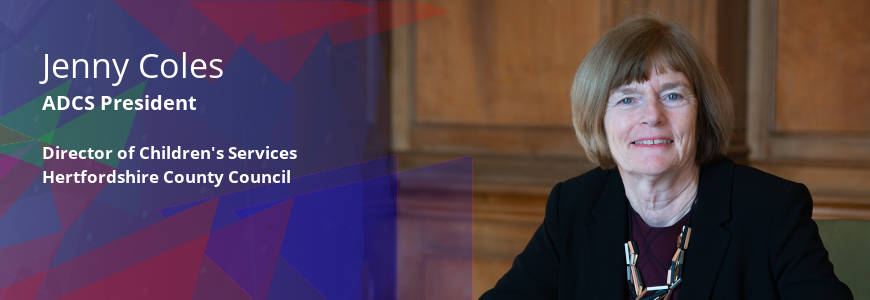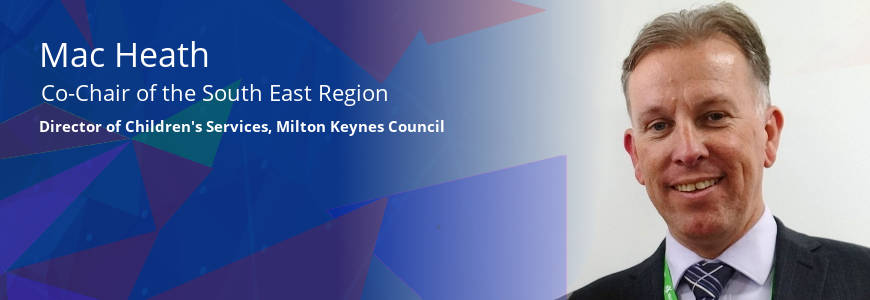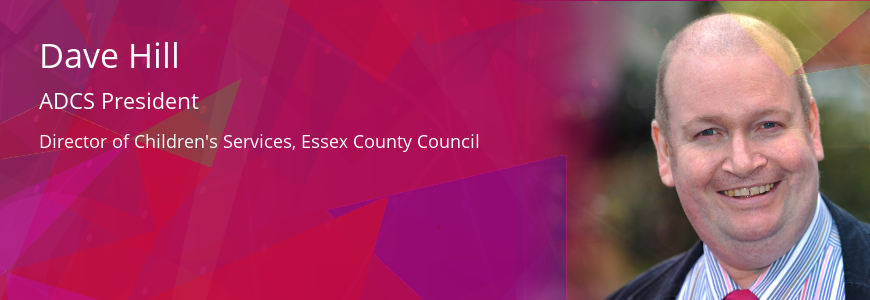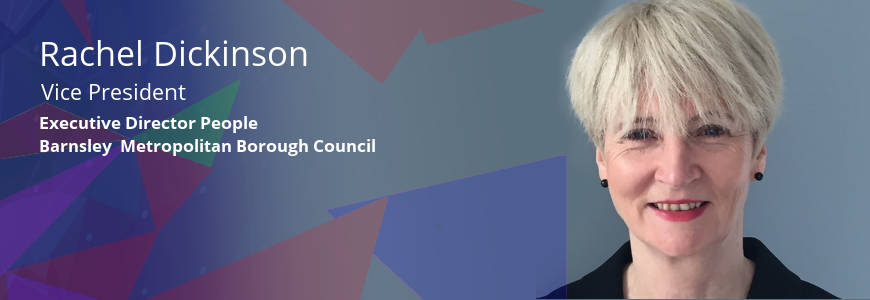Leadership in troubled times
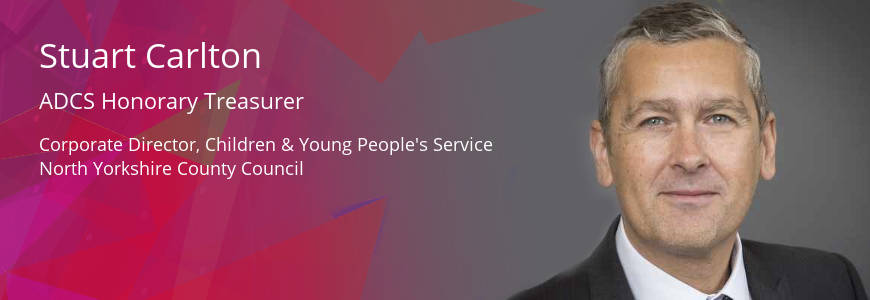
One of the lasting impressions left by my leadership development training with the Staff College was the idea of “Leadership in Troubled Times – from the swamp to the high ground”. This seems even more relevant now in the most volatile and uncertain of times and I encourage you all to watch the video link above.
Our world right now certainly seems “volatile, uncertain, complex and ambiguous”. Covid has placed unforeseen demands in front of us and added greater complexity to issues such as hidden harm, criminal exploitation and domestic abuse. That is all before we really understand what is coming in terms of the economy, unemployment and the associated financial stress in family life.
More children are entering care year-on-year and placements can be far from home, scarce and unable to meet the child’s needs. A care review hasn’t yet started but it feels like a once in a generation opportunity to resolve, with our partners, some of the complex challenges in the system. It needs to be radical and bold and not just about increasing the number of placements. For many, care is a protective factor but being in care should not be seen as an end goal in itself.
There are no magic solutions, our best response will continue to be what we have always done, creating the best conditions for fantastic social work. Now is the time to remind ourselves of the values that create the best outcomes, and ensure our services are about quality and practice rather than performance and process. Remember, culture eats strategy for breakfast.
As Danielle Turney said in her book Relationship Based Social Work: getting to the heart of practice:
“Despite everything that happens around it, social work will always begin and end with a human encounter between two or more people and this encounter, or relationship as it develops, is the medium through which the social work task is carried out.”
We might have different models of how we get there and describe it in different ways but the best social work I have seen has this large and centre. We have to work with families amidst crisis and uncertainty, tolerate that uncertainty and seize the energy as a powerful force for change, working with families and their wider networks to do so. We need to build a model of social work practice that celebrates the power of relational work and keeping children rooted with families, placing more value on connecting and repairing relationships.
As Bruce D Perry said:
“The more healthy relationships a child has, the more likely they will be to recover from trauma and thrive. Relationships are the agents of change and the most powerful therapy is human love.”
Thinking about therapeutic repair requires a fundamental mind shift from episodic social interventions, which only consider immediate or short-term risk management, to a position of thinking about the child’s life course. How do we ensure we work with families to build children into resilient adults so that they have the tools to deal with life events long after we take away the temporary scaffolding of services? In the past we have seen time and again that once the scaffolding has been removed (such as care) we had simply forgot to install the right foundation. We should use the privileged opportunity we have to build solid and bespoke foundations with a common and simple ingredient; trusted local relationships that have been firmly built to last for ever.
Let’s make our social work about repair as much as it is about safety. Let’s create as much love and as many relationships as we can for the children and families we work with and create a system that values those outcomes.
Related Blog Articles
That’s Leicester isn’t it? A 5000-1 shot and they did it! I can’t help but...
In General
At a recent regional meeting of the South East ADCS group we were joined by a...
In General
Language is so important, it affects the way we see people and situations and...
In General
At the start of the new decade there is always a lot of reflection on what’s...
In General
I am sure that the West Midlands is no different to any other region, in that...
In Workforce
I am an advocate of collaborative working in general and a strong supporter of...
In Care
As with so much in life you learn a lot from your children. It was only when my...
In General
Last week it was World Social Work Day and I was privileged to open an event...
In Workforce
This week, I had the pleasure of delivering the keynote address at the...
In Care
This needs to be the starting point of everything we do in children’s...
In Care
Whilst thinking about a theme to focus on for this blog I started to reflect on...
In Funding
It’s a sobering realisation to know that I started to learn some of the...
In Leadership
Listening … sometimes I wonder if people do. Sometimes I go a whole day when I...
In General
Brave, brave, brave! This was the word bounding around my head as I sat beside...

